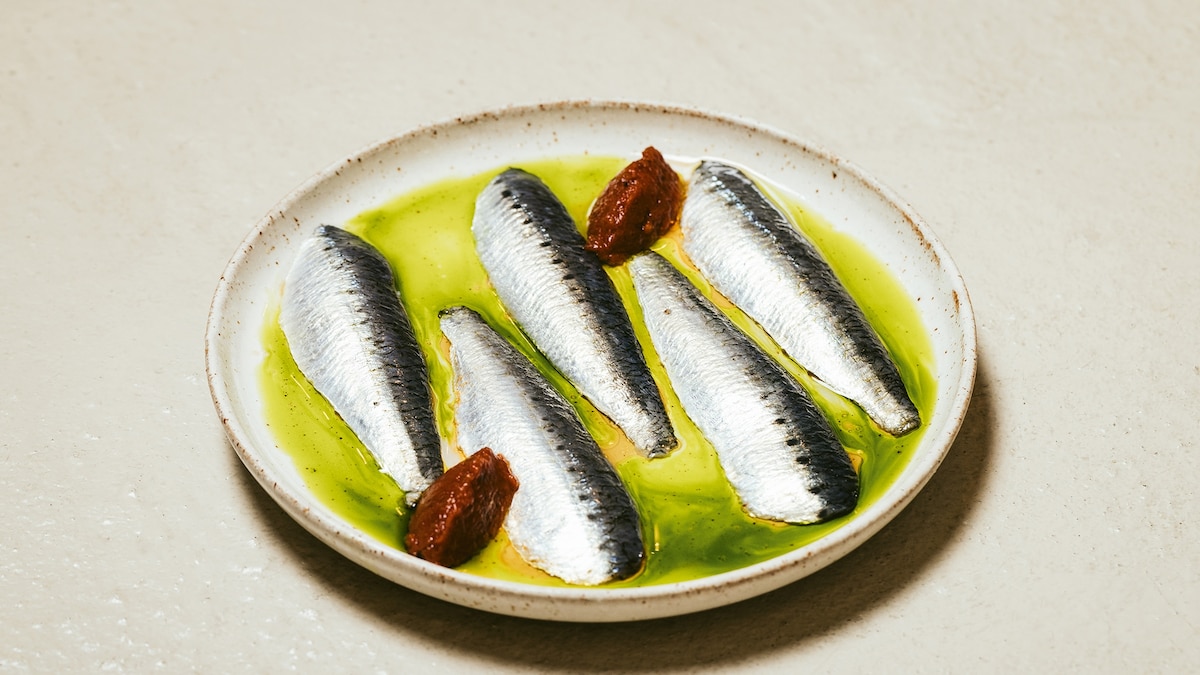Now Reading: Lisbon’s Top Dining Spots: From Modern Tascas to Fine Dining
-
01
Lisbon’s Top Dining Spots: From Modern Tascas to Fine Dining
Lisbon’s Top Dining Spots: From Modern Tascas to Fine Dining

Rapid Summary
- LisbonS restaurant scene has undergone a change,lead by returning Portuguese chefs and international talent embracing local ingredients.
- Michelin awarded Portugal its own Guide in 2024 after years of sharing with Spain; plant-based gastronomy and lasting practices are gaining prominence.
- Highlights include innovative offerings like grilled chicken hearts, black truffle rice, and theatrical show kitchens featuring reimagined Portuguese classics.
- Traditional tascas (casual taverns) remain rooted in national pride while offering affordable options like grilled sardines and pork sandwiches.
- the city is also home to vibrant districts like Alfama, Mouraria, Santos, São Bento, and Principe Real showcasing culinary diversity alongside cultural heritage such as fado music venues and historical landmarks.
- Lisbon’s seafood culture thrives with staples like bacalhau (salt cod) complemented by modern interpretations at venues such as Último Porto’s rustic grill or Japanese-infused seafood menus at A Taberna do Mar.
Images Included:
- Bica Funicular connecting Rua de São Paulo with Calçada do Combro/Rua do Loreto (Photo by AWL Images).
- Grilled sardines served innovatively at Ciclo in Mouraria (Photo by Joana Freitas).
- The 11th-century Moorish citadel São Jorge Castle in Alfama district (Photo by Fernando Guerra).
- Interior photo of Companhia Portugueza do Chá showcasing loose-leaf teas critical to Portugal’s tea heritage progress (Photo by Charlotte Valade).
Indian Opinion Analysis
Lisbon’s culinary evolution offers intriguing parallels for India’s food industry as it balances traditional roots with innovation driven by global influences-similar to India’s fusion cuisine movement powered partly by returning chefs pursuing local ingredients creatively.The granting of an autonomous Michelin Guide signals the potential benefits of diversifying recognition systems that uphold sustainability standards-a detail that resonates given india’s growing push for regulating eco-friendly practices across industries including hospitality.
India might draw lessons from Lisbon’s preservation of cultural identity through its tascas-a model akin to Indian dhabas which similarly root themselves in community traditions while adapting gracefully to changing tastes through modernization efforts without losing affordability or accessibility.
the seafood focus mirrors coastal india’s reliance on regional fish cuisine coupled explored diversification: ongoing rising aquaculture checkmarked tightening responsibly-sourced value-chain discussions warrant,” takeaways
























